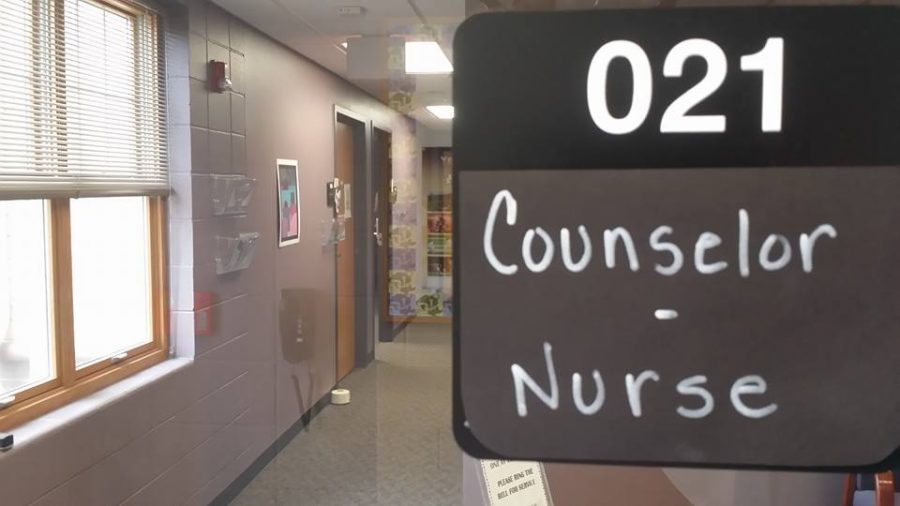How the Lakeland Intervention Team operates
April 21, 2018
The high rate of drug abuse among college students is no secret. What you might not know is that Lakeland has a team to curb the issue.
The Lakeland Intervention Team (LIT) is “an interdisciplinary group of community members.” When the Intervention Team receives concerning information about a student, it is the job of the team members to decide what appropriate measures should be taken and create an intervention plan that will properly address the situation.
According to LIT, if a student is concerned about another individual, any incidents or concerns should be brought to one of the members of the team. It is pertinent to include any information that the student believes is important, such as the name of the concerning individual.
Members of LIT include Associate Provost Leslie Laster, counselor Alex Liosatos, security director David Simon, advising director Pam Engebretson, Nurse Sherry Carstens, Campus Advocate Dawn Klister and Chaplain Lex Cade-White. Any information shared with the team is kept confidential.
The following list includes behaviors that LIT believes should be reported if witnessed:
Signs of depression and other mental health concerns
Physical health issues such as abrupt changes in eating or sleeping habits
Sudden changes in routine or behavior
Risky behaviors regarding drugs or alcohol
Inappropriate and/or disruptive classroom behavior
Abrupt changes in classroom attendance or academic performance
Increased nervousness or agitation
Social anxiety or difficulty in adjusting to college
Threats of harm to self or others
Suicidal ideation
Extreme and/or inappropriate expression of emotions
If a student would rather report their concern online, there are two different forms available (confidential and non-confidential). The link to these forms is listed on my.lakeland on the intervention team’s webpage. If one fills out a confidential form, it will be sent directly to Liosatos and Klister. If one fills out a non-confidential form, it will be sent directly to Laster, and the university will respond in accordance with its policies and procedures.
If a student or someone they know is in immediate danger, they are instead implored to immediately contact campus security or call 911.


